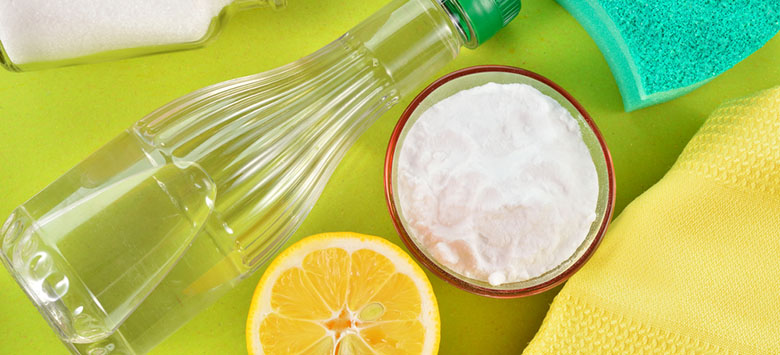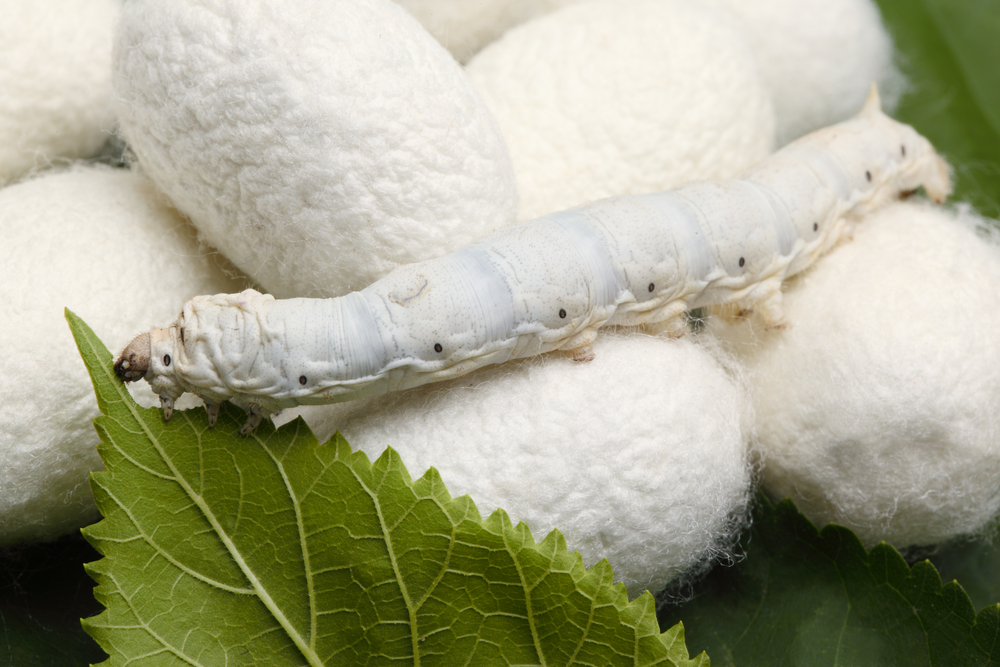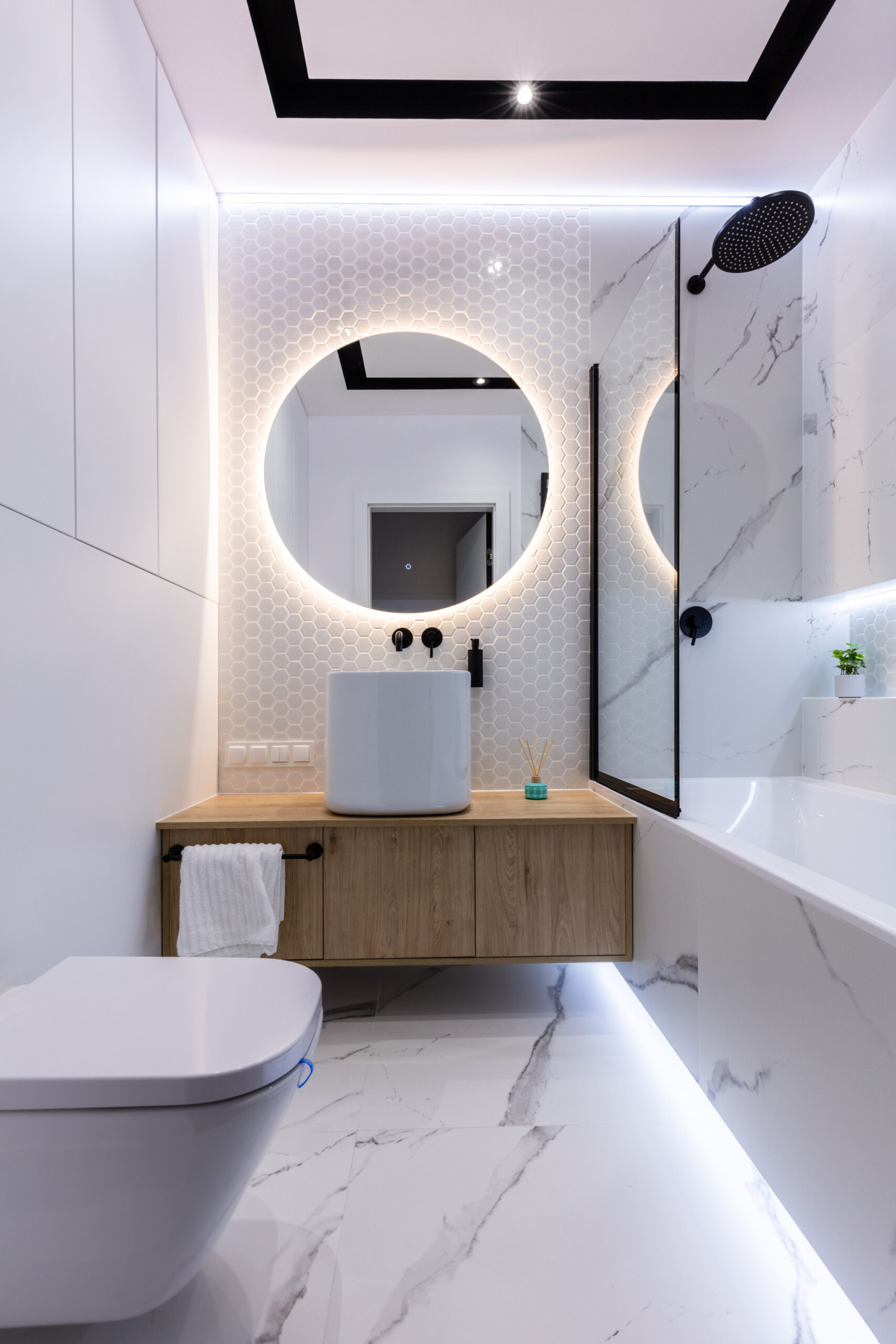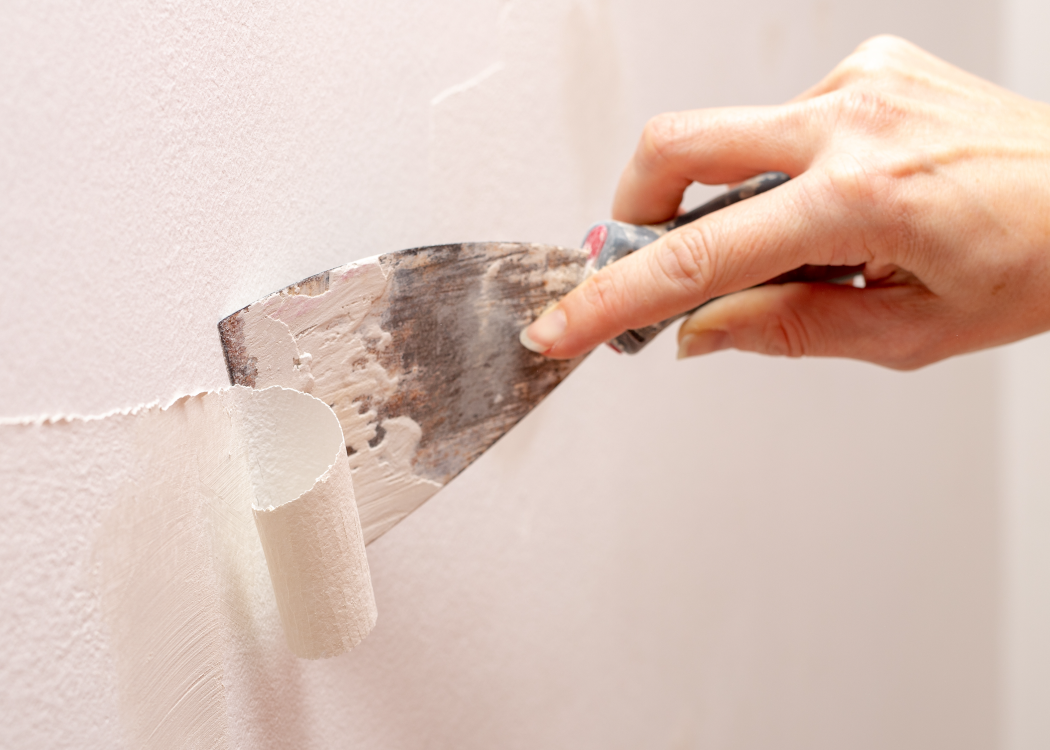Freshly painted rooms can uplift the aesthetics of your home, but the accompanying strong paint fumes often bring discomfort. Fortunately, with a few common household items, such as salt, lemon, and vinegar, you can neutralize those pesky odors and enjoy your space sooner.
Whether you’re dealing with a recent DIY project or professional renovation, lingering paint smells can be a nuisance. This article uncovers natural and effective ways to get rid of strong paint fumes, ensuring your home remains a pleasant and safe environment.
How to eliminate paint smells effectively?
Eliminating paint smells doesn’t have to involve harsh chemicals or expensive treatments. Instead, focus on simple yet effective measures. Start by increasing ventilation—open windows and use fans to circulate fresh air. This not only dissipates the fumes faster but also speeds up the drying process.
Another crucial step is utilizing natural odor absorbers. Place shallow bowls filled with salt, lemon slices, and white vinegar around the room to soak up the fumes. These substances work overnight to break down volatile organic compounds (VOCs) responsible for the strong odor.
Moreover, adding a few drops of your favorite essential oils into the mix can introduce a pleasant scent to the area, further masking any residual paint smell. The combination of good airflow and these natural remedies can significantly reduce the discomfort caused by paint fumes.

What natural ingredients help absorb paint fumes?
- Salt: Known for its deodorizing properties, salt can be sprinkled on carpets or placed in bowls to absorb odors.
- Lemon: Lemon slices or juice can neutralize odors with its high acidity and fresh scent.
- Vinegar: White vinegar is a powerful odor neutralizer. Bowls of vinegar can break down odors without adding any harmful chemicals.
- Baking Soda: Spread baking soda on surfaces or leave open containers in the room to absorb paint smells.
- Activated Charcoal: This can be placed in porous bags to trap odors from the air, acting as a natural air purifier.
How can you ventilate a room after painting?
Proper ventilation is essential after painting. Begin by opening all windows and doors to create a cross breeze. Use fans strategically to push out the stale air and draw in fresh air. If possible, set up a box fan in the window to exhaust the fumes directly outside.
Consider using air purifiers with activated charcoal or HEPA filters to capture airborne particles and VOCs. Temporary ventilation measures, such as an exhaust fan, can also be effective in areas with limited airflow.
Remember, the goal is to fully replace the indoor air with outdoor air multiple times to ensure a significant reduction in paint fumes. Even during colder months, short periods of ventilation can make a big difference.
Why does the paint smell linger in your home?
The persistent smell of paint in your home is mainly due to VOCs that evaporate into the air as the paint dries. Some factors that contribute to the longevity of the odor include the type of paint used, the amount of ventilation, and the room’s temperature and humidity levels.
Low-quality paints often contain higher levels of VOCs, which can cause the smell to linger longer. Conversely, using eco-friendly or low-VOC paints can minimize this issue and contribute to better indoor air quality.

It’s also important to avoid painting during highly humid or cold weather, as this can slow down the drying process and prolong the period of strong fumes.
What are quick tips to get rid of paint odors?
Aside from the natural ingredients mentioned earlier, there are several quick tips to help rid your home of paint odors:
- Place coffee grounds in the room; they are excellent at absorbing smells.
- Light candles or use incense to help mask the odor while the paint fumes dissipate.
- Ensure all brushes, rollers, and trays are cleaned or disposed of properly, as they can also contribute to the lingering smell.
- Use onions, cut in half, as an old-school remedy for absorbing paint odors.
- Consider repainting with a second coat if the first coat was not adequately applied, as this can sometimes trap odors.
How to make your home safe after painting?
Creating a safe environment after painting extends beyond odor removal. It’s vital to keep your space well-ventilated for several days after the paint has dried. This helps ensure that any residual chemicals are not trapped indoors.
Additionally, clean all painting tools and materials promptly and store or dispose of them safely to prevent any accidental exposure to leftover paint or solvents. If you have children or pets, take extra precautions to keep them away from freshly painted areas until fully dry.
Consider using indoor plants known for their air-purifying qualities, such as spider plants or peace lilies, to help maintain a cleaner air environment over time.

What precautions should you take when painting?
When undertaking a painting project, personal safety should be a priority. Use protective gear such as gloves, masks, and eye protection. Ensure the room is well-ventilated throughout the painting process to minimize inhalation of fumes.
Choose paints with lower VOC levels for a healthier indoor environment. Additionally, be mindful of paint storage—keep cans tightly sealed and away from heat sources to prevent any fire hazards or accidental spillage.
Lastly, be aware of your body’s reaction to paint fumes. If you experience headaches, dizziness, or nausea, take a break and get some fresh air immediately.
Questions Related to Eliminating Paint Odors Naturally
How to get rid of paint smells?
Getting rid of paint smells involves a combination of increasing airflow and using natural odor absorbers. Open windows, use fans, and place bowls of vinegar, salt, or baking soda around the room to help neutralize the fumes.
For persistent odors, you may need to repeat these steps over several days. Additionally, activated charcoal and certain houseplants can also assist in purifying the air over time.

Does vinegar remove paint smell?
Vinegar is a natural odor neutralizer and can be very effective at removing paint smells. Place open bowls of white vinegar in the painted room to help absorb the fumes. The acidic nature of vinegar works to break down and neutralize odors quickly.
How to get rid of bad paint smell?
To get rid of a bad paint smell, focus on ventilation, natural deodorizers like salt, lemon, and vinegar, and maintaining a clean work area. Avoid adding new coats of paint until the previous ones have fully dried, and consider using odor-reducing paint additives if necessary.
Why does room still smell like paint?
A room may still smell like paint if it’s not well-ventilated or if the paint hasn’t fully dried. High humidity or cold temperatures can prolong drying times and thereby extend the presence of odors. Using fans, increasing airflow, and applying natural absorbents can help resolve this issue.
How to get rid of thinner smell?
To eliminate the smell of paint thinner, increase ventilation and use natural odor absorbers such as salt, baking soda, and lemon. Be sure to properly seal and store paint thinner containers to prevent ongoing odor emission.
For a practical demonstration, let’s take a look at one of the many methods you can use to improve the air quality after painting:

In conclusion, getting rid of strong paint fumes with natural ingredients like salt, lemon, and vinegar can be a safe and effective way to ensure your home remains fresh and free of unpleasant odors. By taking the right precautions and applying these tips, you can breathe easier and enjoy your newly painted spaces without worry.
 Beyond baking soda: natural solutions to tackle chemical smells in your home
Beyond baking soda: natural solutions to tackle chemical smells in your home






This is such a handy guide for anyone who’s just finished a painting project! I love how you can tackle those stubborn paint fumes with stuff you already have at home. It’s great to see natural solutions like salt, lemon, and vinegar put to good use. Plus, the tips on ventilation are super practical—definitely going to keep these in mind for my next DIY adventure. Thanks for sharing!